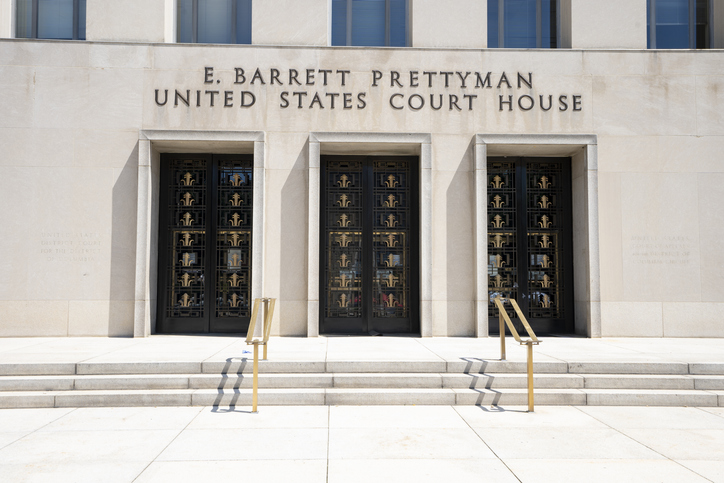Office of Special Counsel Opens Investigation into FDA’s Surveillance of Employees’ E-mail
FOR IMMEDIATE RELEASE
CONTACT:
Ann O’Hanlon,
202-254-3631,
[email protected]
The Office of Special Counsel (OSC) has broadened the scope of an existing investigation into the surveillance of employees’ emails by the Food and Drug Administration (FDA). FDA acknowledged that it monitored emails at the Center for Devices and Radiological Health to congressional investigators and the OSC after the employees reported coercion to approve unsafe or harmful medical devices.
Recently, OSC received new and troubling allegations of retaliatory surveillance of OSC
communications and other acts of retaliation against the whistleblowers, including FDA attempts to initiate criminal prosecution of the whistleblowers. We are reviewing these additional allegations and information from Congress and will take appropriate action.
Relying on documents obtained through FOIA, the whistleblowers allege that the agency reviewed disclosures intended specifically for OSC, and that the agency also monitored the communications of employees who were suspected of blowing the whistle on FDA’s approval of unsafe medical devices. These disclosures indicated repeated attempts by employees to warn the public that the devices were not safe and should not have received FDA approval.
Under the Whistleblower Protection Act, federal employees are authorized to provide any information to OSC, including confidential business information, in order to disclose government waste, fraud, abuse, gross mismanagement or health and safety issues. In establishing the OSC, Congress intended to provide a secure channel for disclosures, and whistleblowers are entitled to keep their disclosures to OSC confidential. Even
where an agency has a legitimate basis to monitor an employee’s email or has a warning regarding email monitoring, that basis or warning does not trump the employees’ right to confidentially blow the whistle to OSC or Congress.
“Monitoring employee emails with OSC or Congress could dissuade employees from making important disclosures,” said Special Counsel Carolyn Lerner. “Monitoring communications with OSC is unacceptable. We encourage other agencies to review their policies to ensure that they are not monitoring or otherwise impeding employee disclosures to OSC or Congress.”
***




